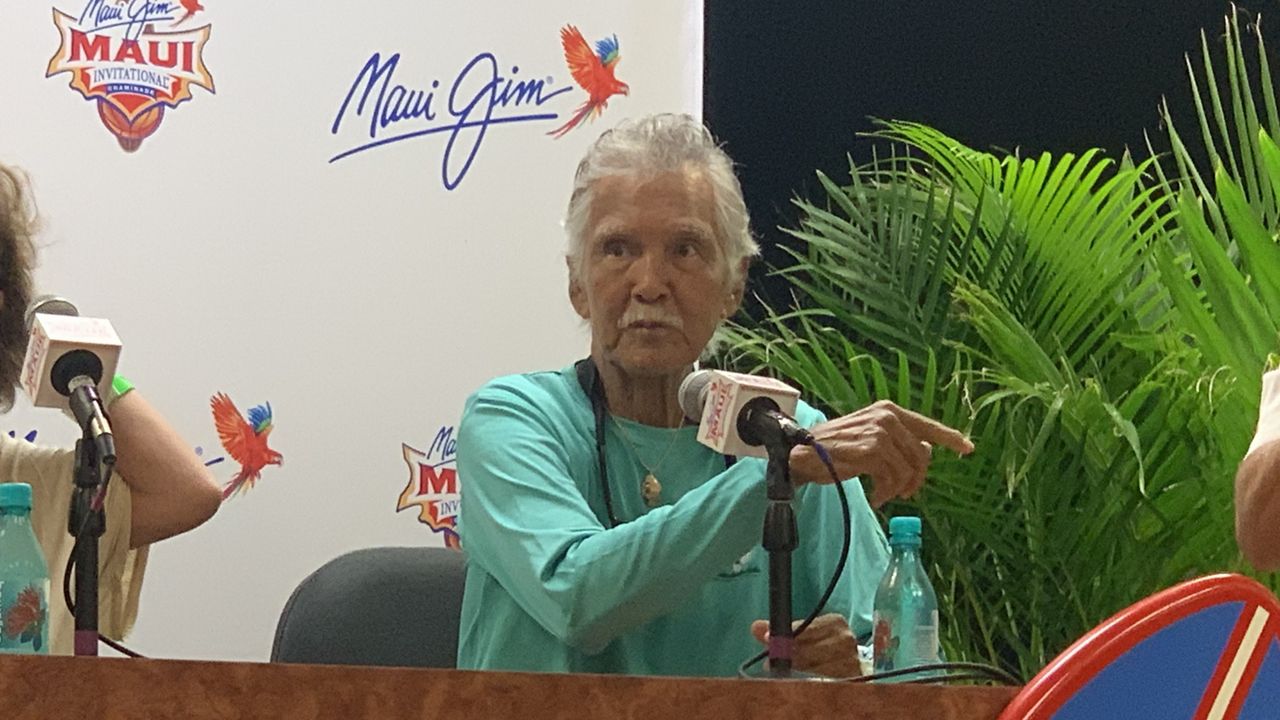More than a dozen years since the state Land Use Commission reverted land intended for affordable housing development to the agricultural district, a U.S. District Court has ruled against developer DW Aina Lea Development, LLC, in its multimillion-dollar suit against the state.
The Hawaii Island property that was to be developed as the Villages at Aina Lea, was originally reclassified from agricultural to urban in the 1980s on the understanding that it was to be used for affordable housing development. No affordable units were built and the landowner eventually sold the property to new investors, who successfully petitioned to reduce the number of affordable housing units required.
As the court noted in its order for summary judgement in favor of the state, “After decades of receiving unfulfilled promises from the developers that they would build affordable housing, Hawaii’s Land Use Commission decided to return the land to agricultural use, meaning the proposed development could not proceed.”
The landowner, Bridge Aina Lea, LLC, was the first to file suit, claiming the state had effectively engaged in “temporary regulatory taking” — limiting the legal use of a property to the point that the owner cannot use it — thereby entitling Bridge to compensation.
A jury initially found in favor of Bridge but the decision was overturned in the Ninth Circuit Court of Appeals.
DW Aina Lea, which was not included in the original suit, filed a separate suit in state court in 2017 seeking hundreds of millions of dollars in compensation.
It was DW’s agreement to purchase the property from Bridge in 2009 that triggered an initial LUC vote to revert the land to agricultural use and its failure to construct 16 habitable affordable housing units (the 16 units it built were deemed uninhabitable because they lacked water, sewage, electricity and paved road access) led to LUC’s final decision to revert in 2011.
Bridge ultimately sold the property to DW’s subsidiary Aina Lea, Inc., which later declared bankruptcy.
In 2022, Judge Susan Oki Mollway ruled in favor of the state and the case was remanded to the Ninth Circuit for appeal.
On Monday, Mollway again granted summary judgement in favor of LUC, holding that DW could not establish its regulatory taking claim.
Mollway’s decision was based on DW’s objection to the state’s motion to exclude evidence of damages sustained by Aina Lea.
As Mollway noted in her order of judgement for the state, “DW says emphatically and clearly that, if this court granted Hawaii’s Motion in Limine No. 8, which sought to preclude DW from presenting evidence of damages allegedly sustained by its subsidiary, Aina Le‘a, DW would have no case. Asked by this court for clarification at the hearing on February 6, 2024, concerning Motion in Limine No. 8, DW said that if Motion in Limine No. 8 were granted, summary judgment should be granted in favor of Hawaii. With these statements, DW appeared to be acknowledging that DW was seeking damages belonging to a nonparty, not to DW itself.”
“The Department of the Attorney General will vigorously defend lawsuits brought by those who assert speculative claims seeking a financial windfall for themselves at the expense of Hawaii taxpayers,” said special assistant to the attorney general Dave Day, who first began litigating regulatory taking cases concerning the Villages at Aina Lea in 2015. “Since the case was remanded from the Ninth Circuit last year, our litigation team, led by deputy attorney general Ciara Kahahane and special deputy attorney general Sharon Lovejoy presented an overwhelmingly strong defense, and Judge Mollway correctly ruled that the LUC was entitled to judgment as a matter of law.
“The court’s ruling is based in part on the finding that the plaintiff’s speculative investment in the planned development was not backed by reasonable expectations given its failure to comply with the affordable housing conditions imposed by the Land Use Commission,” Day said. “This decision supports the ability of government entities to impose and enforce reasonable affordable housing requirements on developers and property owners.”
Lovejoy called the ruling “a decisive win that reaffirms the state’s authority to pursue enforcement of our land-use regulations without overstepping constitutional boundaries.
“This victory underscores the State’s commitment to defending the legal principles that sustain the balance between private property rights and the public interest,” Lovejoy said.
Michael Tsai covers local and state politics for Spectrum News Hawaii. He can be reached at michael.tsai@charter.com.









